Laws in Singapore: How to Avoid Trouble When Traveling
If the simple act of chewing gum can get you into trouble, what else do travelers need to know about Singapore laws? Here are our tips to keep you out of trouble.
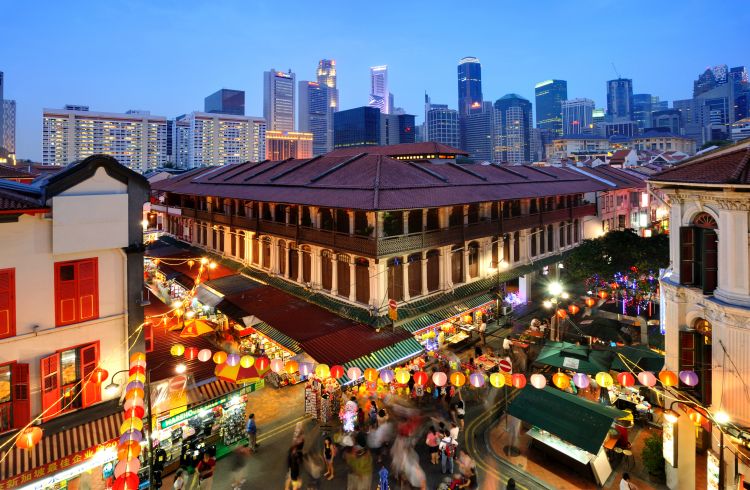 Photo © Getty Images/fiftymm99
Photo © Getty Images/fiftymm99
- Updated December 2023 -
Singapore is one of the world’s safest, richest countries. But behind this orderly environment are many harsh laws, some of which could take visitors by surprise. Here are six Singapore rules and laws travelers need to know to stay out of trouble when visiting this city-state.
- Drug laws are very harsh
- Littering fines are huge in Singapore
- Yes, chewing gum is banned in Singapore
- Overstaying your VISA in Singapore is a serious offense
- Homosexuality is no longer illegal in Singapore
- Protests are a legal quagmire in Singapore
Drug laws are very harsh
Tourists to Singapore should not be fooled by the loosening of drug laws in some Asian countries, most notably Thailand which last year legalized cannabis and is now this continent’s version of Amsterdam. The attitudes towards recreational drugs are so massively different, that what is legal in Thailand can get you executed in Singapore.
The death penalty can be applied in Singapore to those caught trafficking more than 500 grams of cannabis, 15g of heroin, 30g of cocaine, or 250 grams of methamphetamine. And these are not idle threats by the Singapore Government. In 2003, there were more than a dozen drug traffickers on death row in Singapore.
Even the possession of a small amount of cannabis, purely for personal use, can result in up to 10 years’ imprisonment. The message is glaringly obvious – do not use or sell controlled drugs in Singapore, unless you wish to ruin your life.
Littering fines are huge in Singapore
Singapore may be the cleanest of all the 60+ nations I’ve visited. Even though I am from Perth, a very tidy Australian city, when I land in Singapore the lack of rubbish is noticeable. There are multiple reasons for this.
Singaporeans are proud of living in such a green and clean country. Not only does this motivate them to keep their communal spaces attractive, but it also means that those who do cause a mess are looked upon very dimly.
The even bigger deterrent, though, are the hefty penalties for littering. First-time offenders can be fined up to SGD$1,000 (about USD $730), which increases to a maximum of $2,000 and $5,000 for second and third offenses, respectively.
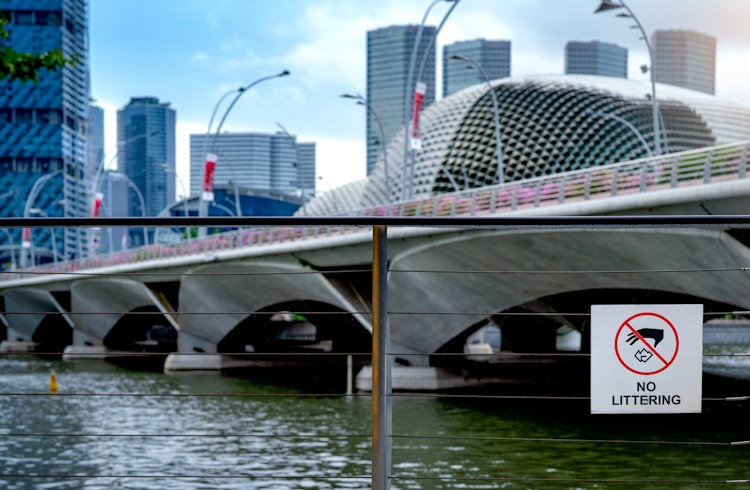
Yes, chewing gum is banned in Singapore
It sounds like an old wives’ tale, but it’s not – chewing gum is illegal in Singapore. Essentially an extension of the country’s strict littering laws, Singapore has a blanket ban on chewing gum. Which means you cannot so much as possess it, under any circumstances.
Chewing gum is not available in shops in Singapore, tourists are not legally allowed to bring it into the country, and if you’re caught consuming gum you will be fined at least $500. People caught breaking Singapore’s laws governing the import or sale of chewing gum can face fines of up to $100,000 for a first offense. This ban dates back to 1991 when the Singaporean Government became fed up with used chewing gum being left behind on public transport.
Overstaying your VISA in Singapore is a serious offense
In some other parts of Southeast Asia, overstaying your VISA is a fairly minor offense with a light punishment. But Singapore does not play around. Tourists from Europe, the US, Australia and Canada, among others, can stay in Singapore without a VISA for up to 90 days.
However, if they stay in Singapore longer than that without permission, even by a few days, they can face a fine of up to $4,000 or imprisonment for up to six months. Should that period of overstay be longer than 90 days, they can be jailed for up to six months and fined up to $6,000. Or, instead of that fine, they may be punished with three strokes of caning. All overstay offenders are also deported and barred from re-entering Singapore.
Homosexuality is no longer illegal in Singapore
In 1938, during its British colonial era, Singapore introduced a law that made it illegal for a male to commit “any act of gross indecency with another male person”. In recent years, there were several unsuccessful attempts to overturn this law, which meant that sex between men was illegal in Singapore, and could result in up to two years’ imprisonment.
In 2022, Singapore finally decriminalized gay sex. Its Prime Minister Lee Hsien Loong stated that it was unjustifiable to prosecute an adult for a consenting sexual act with another adult. Singapore did, however, stop short of legalizing same-sex marriage.
Protests are a legal quagmire in Singapore
While on holiday in Singapore, taking part in political activism is not likely to be on your itinerary. But it’s important to know how easily you could get into legal trouble should you come across a protest in Singapore, as rare an event as it may be.
Because Singapore’s Public Order Act does not allow for either freedom of speech or for peaceful assembly. What that means is that, in most cases, it is illegal to hold a public protest in Singapore. The only way to conduct such a demonstration lawfully it to get a police permit to do so. And, as you can probably guess, those permits aren’t easily acquired. This means that should you see a protest unfolding in Singapore, steer well clear.
Related articles
Simple and flexible travel insurance
You can buy at home or while traveling, and claim online from anywhere in the world. With 150+ adventure activities covered and 24/7 emergency assistance.
Get a quote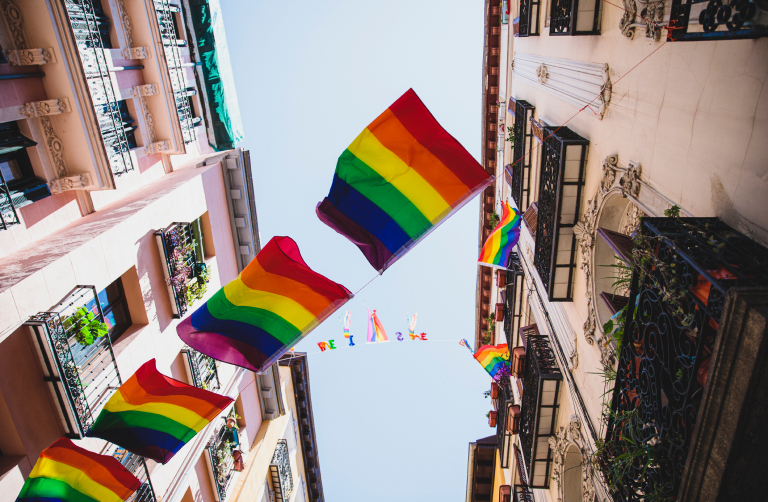
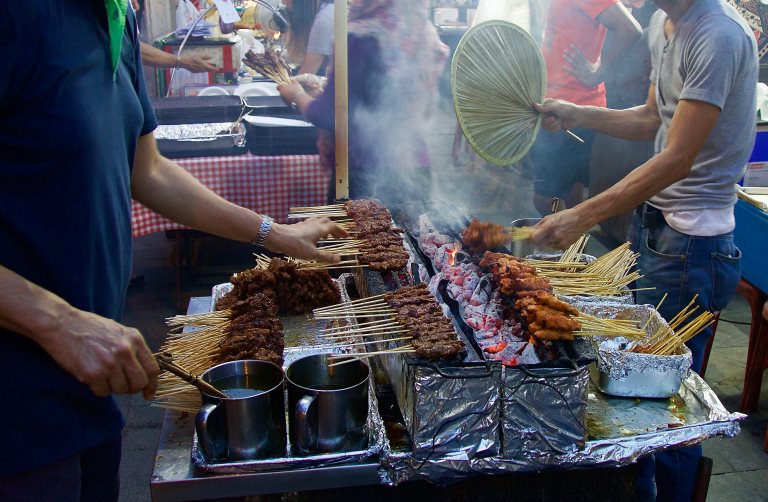
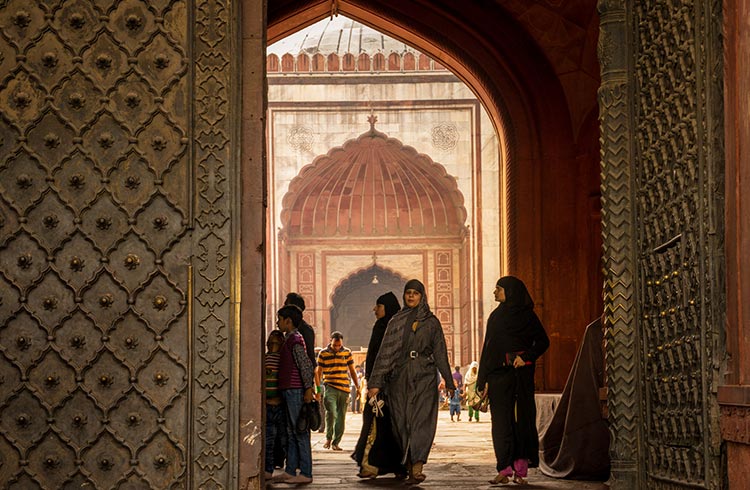
No Comments